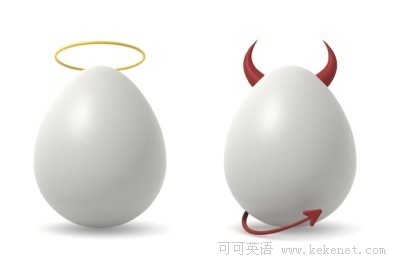
6Halo effect
The Halo effect is the tendency for an individual’s positive or negative trait to “spill over” to other areas of their personality in others’ perceptions of them. This bias happens a lot in employee performance appraisals. For example: my employee, Biff, has been late to work the past three days; I notice this and conclude that Biff is lazy and does not care about his job. There are many possible reasons why Biff was late, perhaps his car broke down, his babysitter did not show up, or there has been bad weather. The problem is, because of one negative aspect that may be out of Biff’s control, I assume that he is a bad worker.
Interesting Fact: The Physical Attractiveness Stereotype is when people assume that attractive individuals possess other socially desirable qualities, such as happiness, success and intelligence. This becomes a self-fulfilling prophecy when attractive people are given privileged treatment such as better job opportunities and higher salaries.
6 暈輪效應
暈輪效應就是說一個人積極或消極的特點會“傳播”給其他人,影響其他人的感覺。這一偏見在評估員工表現的時候會發生。我的員工Biff已經有3天遲到了,我注意到這一現象,得出結論Biff懶惰而且不關心自己的工作。有很多Biff的理由,大概他的車子拋錨了,他的看孩子的那個臨時工沒有是上班,要么是天氣原因。但問題是,因為很多不能被Biff控制的消極原因,我認為Biff是個壞員工。
有趣的現象:吸引人的行為固定模式是,當人們假設吸引人的個體有其他人所沒有的特征,像開心,成功,和聰明之類的。這就會是一個自我實現的預言,那么這些就會有一些特殊的待遇,像更好的工作機會或更高的收入。













